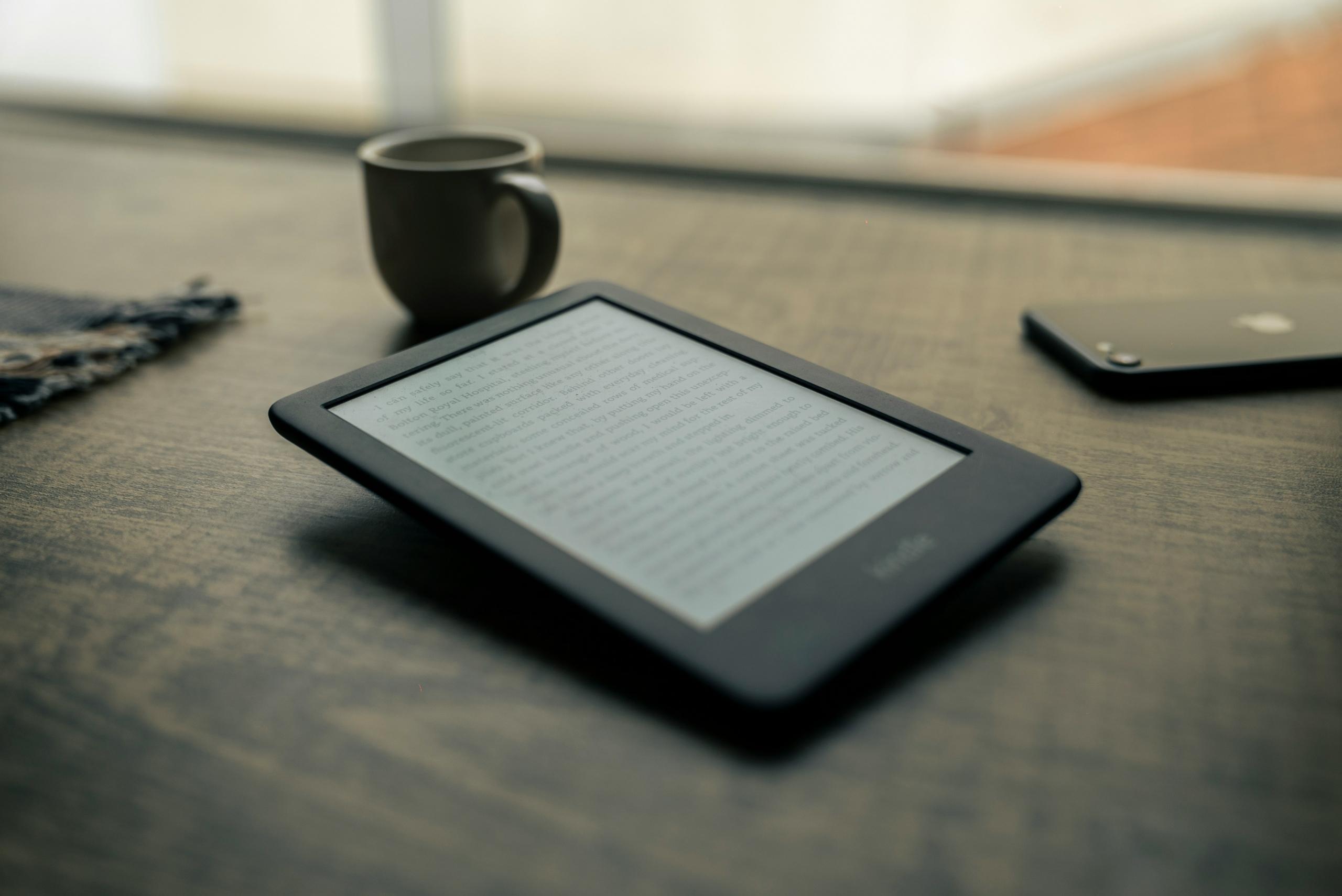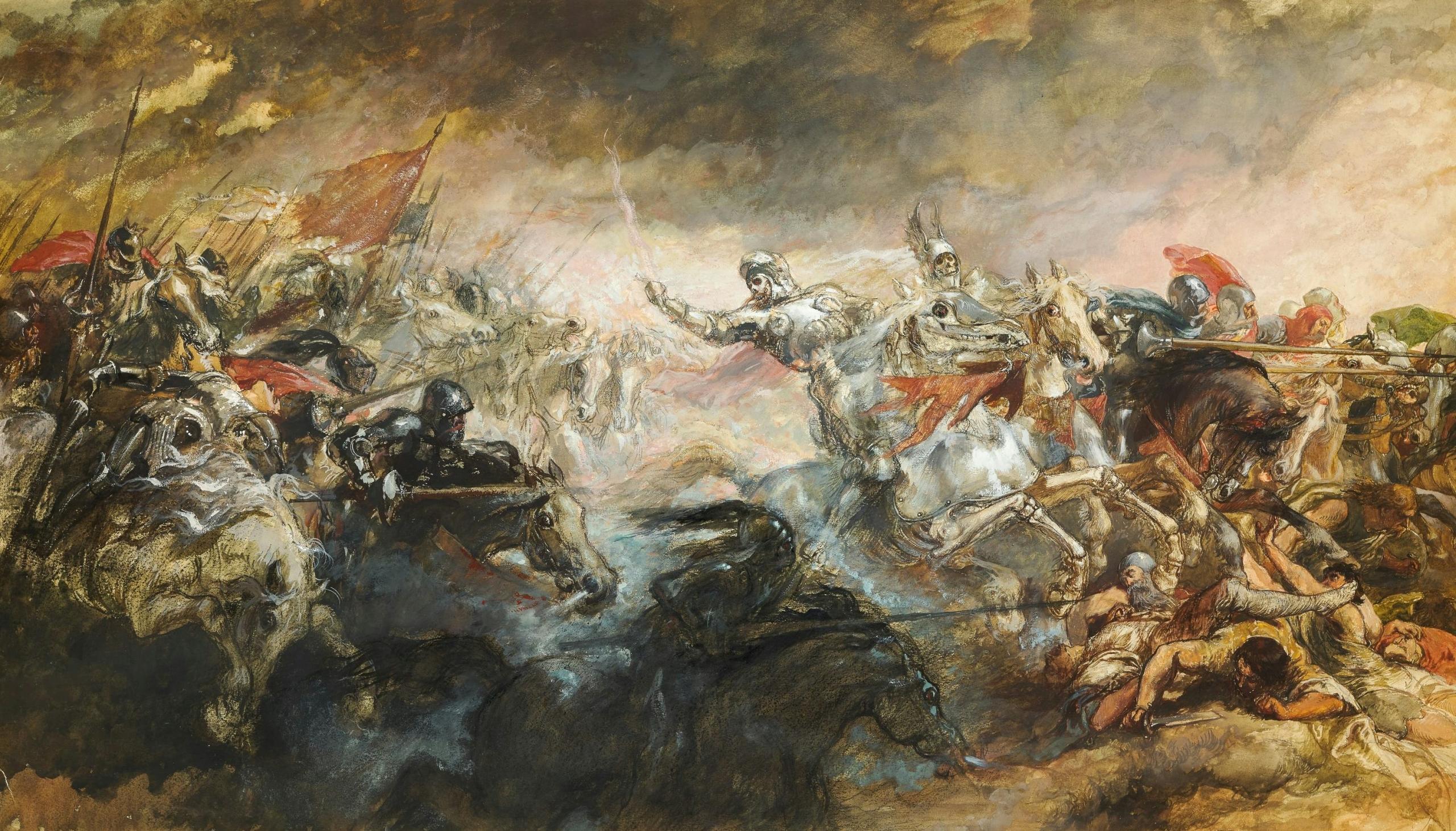In the intricate tapestry of American culture, the written word has long held a revered position, acting as both a reflection and a shaper of societal narratives.
From the timeless works of Mark Twain to the profound tales woven by Nathaniel Hawthorne, American literature has navigated the currents of history, leaving an indelible mark on the cultural landscape. As we embark on a literary journey spanning centuries, the impact of fiction, novels, and writings on the popular consciousness becomes apparent.
This exploration transcends mere reading; it delves into the essence of societal shifts, warping and wafting through the threads of the genre, character studies, and social reflections. Join us as we unravel the lessons embedded in the language of America's literary giants, examining the interplay between written narratives and the evolving dynamics of culture, war, and society.
From the intimate studies of characters to the broader examinations of eras and periods, this voyage into the heart of American literature at the crossroads of history, university studies, and the free expression of ideas promises to illuminate the very soul of our nation's stories, inviting readers to embark on a journey through time and language that resonates with the heartbeat of the United States.

A Fascinating Timeline of American Literature
Before we delve into the future of literature we must first explore the past, and the literary movements that brought us to today.

19th Century - Mark Twain's Literary Prowess and Societal Shifts
Embarking on the timeline of American literature, the 19th century serves as a crucial backdrop. Mark Twain emerges as a literary luminary, contributing iconic works like "Adventures of Tom Sawyer" and "Adventures of Huckleberry Finn." These novels not only encapsulate the spirit of the century but also echo through time, shaping the cultural fabric of America. Additionally, the period leading up to the Civil War sees milestones, including Harriet Beecher Stowe's "Uncle Tom's Cabin," a catalyst for societal conversations on slavery and abolition.
20th Century - Jazz Age, Great Depression, and Literary Renaissance
The 20th century unfolds with the vibrancy of the Jazz Age, reflected in F. Scott Fitzgerald's "The Great Gatsby," a poignant critique of the American Dream. The Great Depression brings forth voices of social realism, exemplified by John Steinbeck's "The Grapes of Wrath," offering insights into the struggles of the disenfranchised. As the mid-century approached, the Beat Generation challenged societal norms, with writers like Jack Kerouac and Allen Ginsberg paving the way for countercultural movements. The landscape becomes a tool for societal critique, as seen in Kurt Vonnegut's exploration of the impact of war in "Slaughterhouse-Five."
Late 20th Century and Beyond
The latter part of the 20th century witnesses the rise of diverse voices, mirroring changing demographics and cultural landscapes in America. The feminist movement finds a literary voice, with authors like Toni Morrison tackling race, gender, and identity in works such as "Beloved." The late 20th century and beyond see the proliferation of university studies in literature, providing deeper insights into diverse genres, characters, and social issues. Expressions continue to evolve, reflecting the nuanced stories that shape the nation's identity.
In essence, this fascinating timeline of American literature is a journey through the evolving heartbeats of American culture, with each century marked by distinctive literary movements that have left an enduring mark on the cultural and social tapestry of the United States.
Navigating the Future of Books: A Literary Revolution
As we navigate the future of books, propelled by technological advancements and evolving reader preferences, the American writing landscape stands at the forefront of this transformative journey. In the vast tapestry of American culture, literature holds a prominent place, shaping not only the stories we read but also influencing the very essence of popular culture.
The evolution of literature in America spans centuries, from the captivating works of Nathaniel Hawthorne to the timeless classics penned by Mark Twain. These American literary giants have left a mark on the cultural psyche, their novels, and writings serving as cultural touchstones that transcend time. As we look back over the years, the trajectory of American literature mirrors the shifting sands of society, capturing the pulse of each era.
In this revolution, fiction emerges as a powerful force. American authors, through their novels, explore the complexities of society, weaving tales that resonate with readers across time. Whether it's the profound social critiques in Hawthorne's works or the adventurous spirit embodied in Twain's novels, American fiction becomes a mirror reflecting the cultural nuances of its time.

As we delve into the future of books, technology becomes a key player in reshaping the reading experience. The digital era brings forth new ways of consuming literature, with e-books, audiobooks, and online reviews shaping the literary landscape. The very definition of what constitutes a "book" transforms, expanding beyond the physical realm to encompass a digital and global dimension.
Writers today, inspired by the lessons of the past, find themselves at the crossroads of tradition and innovation. The genre boundaries blur as authors draw inspiration from various periods, creating narratives that speak to the contemporary reader. The revolution is not only about the books themselves but also about the way people engage with literature — reading becomes a dynamic conversation between the author, the text, and the reader.
In the future, the cultural impact of literature extends beyond the written word. It resonates in music, in poetry, in the very fabric of society. American literary studies in universities explore not only the words on the page but also the societal implications of these works. Characters and stories become lenses through which we analyze social structures, providing insights into the state of America and its people.
In essence, the future of books is intertwined with the future of American culture. As literature continues to evolve, so too will our understanding of society, history, and the lessons embedded in the narratives crafted by authors across centuries. The literary revolution is not just a technological shift but a cultural exploration, a journey that will shape how we perceive ourselves and our place in the vast narrative of American literature.
Expand your literary horizons and delve deeper into the rich tapestry of literary movements by english classes online. With their expertise and insight, embark on a journey through the epochs of literature, exploring influential movements and their cultural significance.
The Resonance of Pages: American Literature's Impact on Pop Culture
American literature, as a cultural force, has not merely existed on the pages of books; it has reverberated through the very heartbeat of pop culture, leaving a lasting impressions that transcends time and resonates across diverse societal landscapes.
Mark Twain's Timeless Narratives: Shaping Popular Culture Through Tom and Huck
In the 19th century, Mark Twain emerged as a literary luminary, crafting narratives that would transcend the confines of literature to shape popular culture. Twain's iconic characters, Tom and Huck, from "Adventures of Tom Sawyer" and "Adventures of Huckleberry Finn," not only captured the spirit of their era but also ingrained themselves into the collective imagination of generations to come.
Twain's use of vernacular and regional settings brought a new level of realism to American literature. He captured the everyday speech and experiences of common people, contributing to the development of regional literature.
Twain's writings often satirized the social and political issues of his time. Through humor and irony, he critiqued racism, hypocrisy, and societal norms, challenging readers to reconsider their perspectives.
Critique and Social Reflections: War and Peace in American Literature
As America traversed the tumultuous 20th century, literature became a potent tool for social critique and reflection on war. John Steinbeck's "The Grapes of Wrath" provided a poignant depiction of the struggles during the Great Depression, resonating with a society grappling with economic hardship.
John Steinbeck's "The Grapes of Wrath," published in 1939, had a significant and lasting influence on American culture in several ways:
- Social Conscience and Advocacy for the Poor: The novel depicted the plight of migrant workers during the Great Depression, highlighting their struggles and exploitation. It brought attention to social injustice and economic inequality, fostering empathy and a sense of social responsibility among readers.
- Impact on Labor Movements: "The Grapes of Wrath" resonated with labor activists and influenced discussions surrounding workers' rights. It contributed to a heightened awareness of the challenges faced by agricultural laborers and played a role in the advocacy for improved working conditions.
- Political Impact: The novel was embraced by political and social activists. Its themes of poverty, class conflict, and the impact of economic policies sparked discussions about government responsibility and social reform. Steinbeck's work was seen as a critique of the prevailing political and economic systems.

Feminist Voices and Cultural Conversations: Toni Morrison's "Beloved"
In the latter part of the 20th century, American literature took on the mantle of feminist voices, bringing forth works that not only challenged societal norms but also became cultural touchstones. Toni Morrison's "Beloved" explored themes of race, gender, and identity, sparking conversations that reverberated through society.
Morrison's work, including "Beloved," played a pivotal role in the renaissance of African American literature in the late 20th century. Her narratives challenged existing literary norms and expanded the canon to include diverse perspectives. For students seeking deeper study, options such as english tutoring are available through Superprof.
The themes of trauma, identity, and the search for freedom in "Beloved" sparked conversations in broader cultural and academic circles. The novel became a focal point for discussions on race, memory, and the intergenerational impact of historical trauma.
Beyond the Pages: American Literature in Music, Film, and Beyond
As the 21st century unfolds, the impact of American literature on pop culture extends beyond the written word. Literary works are adapted into films, with characters and stories reaching audiences globally. The university studies in literature expand to encompass not only the analysis of texts but also their adaptations and influence in various media. Whether through music, film, or other artistic expressions, American literature continues to shape the cultural conversations of our time.
In summary, American literature's impact on pop culture is a dynamic interplay between timeless narratives, societal reflections, and the ongoing dialogue between literature and the broader cultural landscape. From Mark Twain's unforgettable characters to the cultural critiques of war and the feminist voices that echo through the pages, American literature's influence persists, weaving its way into the fabric of popular culture and leaving an enduring legacy for generations to come.
Exploring Literature's Influence on the Evolution of Pop Culture with Superprof Tutors
As we delve into the ever-changing landscape of pop culture, seeking further insights into the future impact of literature, Superprof tutors stand as invaluable guides on this intellectual journey. These tutors, equipped with a wealth of knowledge and expertise, can provide nuanced perspectives on how literature is poised to shape and redefine the contours of pop culture in the coming years.
Whether through english classes near me, or private tutoring, by engaging with Superprof tutors, one gains access to personalized sessions that unravel the intricate connections between literature and pop culture, exploring emerging trends, and anticipating the transformative impacts that literary works may exert on the cultural landscape. Whether navigating the influence of contemporary authors or delving into the potential intersections of literature with technology and global dynamics, Superprof tutors offer a unique opportunity to chart a course into the future of pop culture through the lens of literature.
Summarize with AI:
















